|
Sudanese President Omar al-Bashir has been forced out of office after 30 years in power. His resignation comes after days of sustained protest that saw hundreds of thousands of Sudanese stage a sit-in at the military headquarters in the capital, Khartoum. Andrew Edward Tchie examines the factors that led to Bashir’s ouster and looks ahead to what might lie ahead for a country that hasn’t had democratic leadership in decades.
But who was Omar al-Bashir, and how did he stay in power for three decades? Martin Plaut outlines the autocrat’s rise from the son of a peasant family from North Sudan, through the ranks of the army - and through skilful manoeuvring to the seat of power in Sudan.
Not even light can escape black holes, which makes taking photos of them pretty difficult. So much so, in fact, that it’s never been done before – until now. In an unprecedented global collaboration, which included two South Africans, researchers turned the Earth into one giant telescope to measure the dark heart of a galaxy far, far away. 500 billion billion kilometres away, to be precise. Kevin Pimbblet explains how the project put Einstein’s theory of gravity to its most extreme test yet.
|
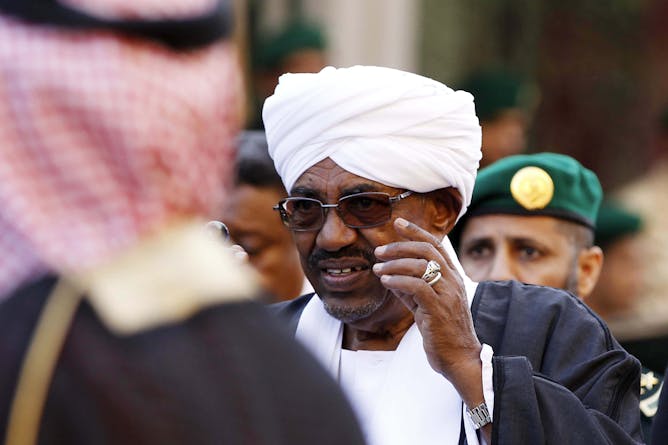
Sudan’s Omar al-Bashir has resigned after three decades in power.
AHMED YOSRI/EPA
Andrew Edward Tchie, University of Essex
Sudanese protesters against al-Bashir's regime have scored an important victory. But there's a long way to go before democracy is restored.
|
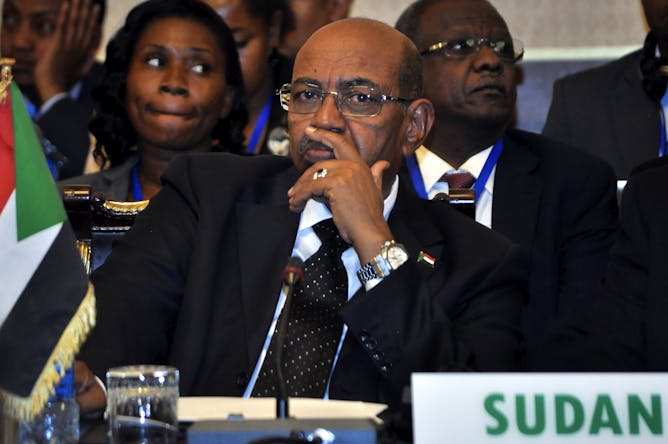
Omar al-Bashir seems to have reached the end of his long political road.
EPA-EFE
Martin Plaut, School of Advanced Study
Al-Bashir's ability to play a skillful combination of internal and external balancing acts, plus ruthless repression and a divided opposition, kept him in power for three decades.
|
Science + Technology
|

Kevin Pimbblet, University of Hull
Scientists turned Earth into one giant telescope to capture the uncapturable.
| |

Kolisa Yola Sinyanya, University of Cape Town
Phytoplankton are tiny, but they do important work.
|
|
|
Politics + Society
|
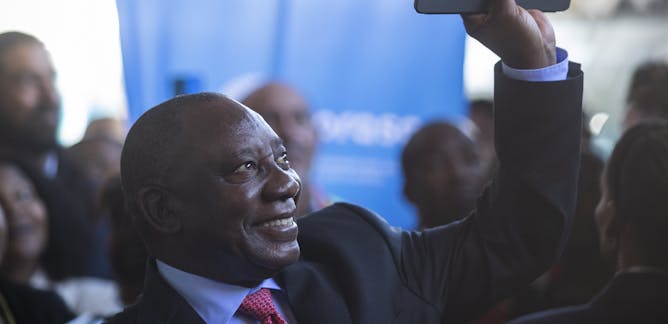
Leila Patel, University of Johannesburg
South African voters are more likely to vote for the African National Congress led by Cyril Ramaphosa than they were when Jacob Zuma led the party.
| |
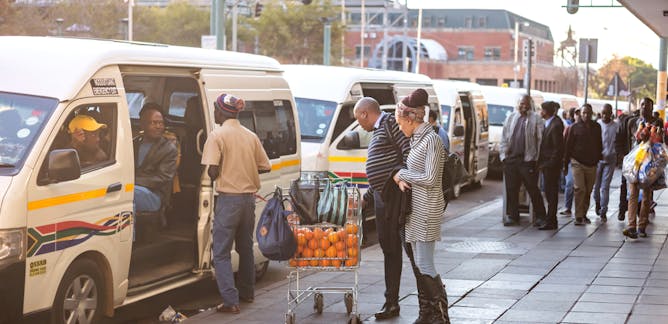
Fiona Anciano, University of the Western Cape; Laurence Piper, University of the Western Cape
Violence is very common on South Africa's various taxi routes.
|
|
|
From our international editions
|
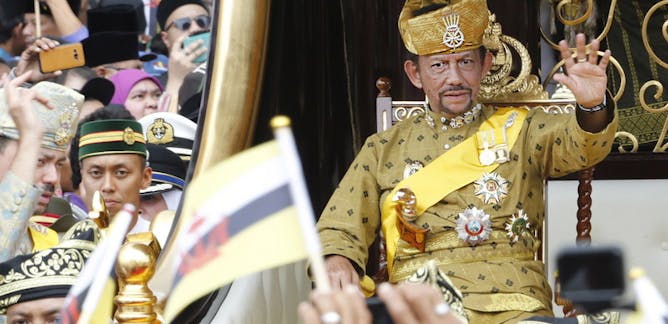
Paula Gerber, Monash University
Brunei's new anti-gay laws have shocked the world. So, why haven't governments, including Australia's, taken a stronger stand against the sultan?
| |
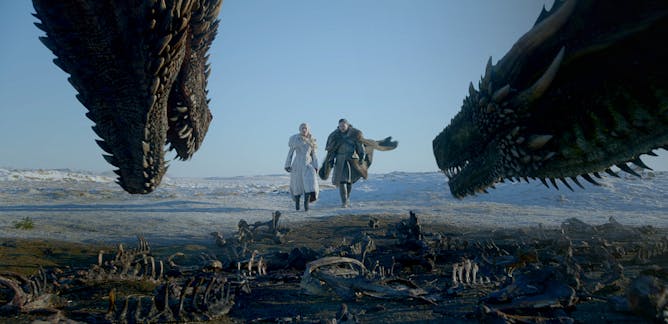
Anthony Gierzynski, University of Vermont
The vast majority of stories told in movies, in books and on television conclude with happy endings – and this has real-world political consequences.
|
|
|
|
|
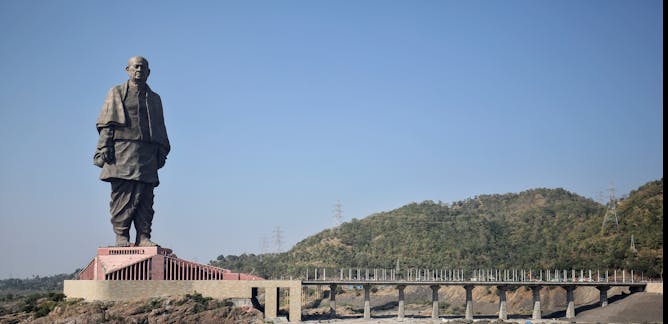
Indulata Prasad, Arizona State University
Colossal public monuments to Hinduism are going up across India, sending an ominous message to the country's 260 million religious minorities.
| |
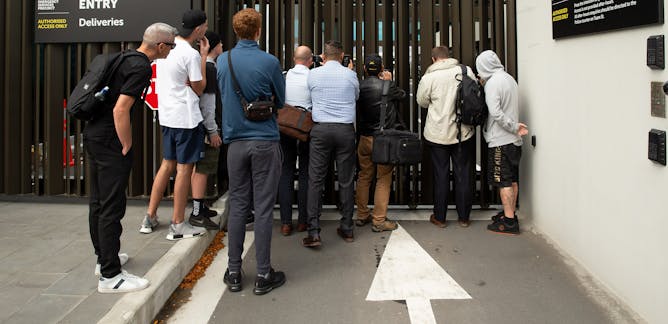
Kris Gledhill, Auckland University of Technology
The alleged perpetrator of the Christchurch terror attacks faces 50 charges of murder and 39 of attempted murder. His court appearance raises several issues, including whether media should name him.
|
|
|